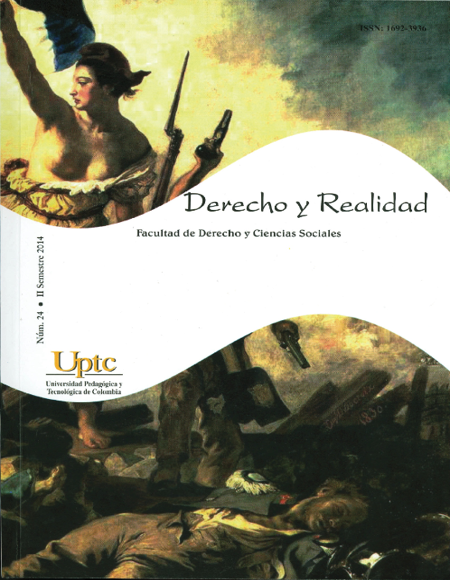Ineffective way of legal enforceability to substant iate and resolve trials of liability and punish crimes a gainst humanity in the Bolivian legal system

Abstract
This work describes the contradictions, gaps and legal obstacles that have presented the Bolivian legal rules and some international standards regarding substantiation and resolution of judgment of responsibility for crimes against humanity, committed by senior officers of State. Specifically, it aims to show the ineffectiveness of the principle of legal enforceability, in the substantiation and resolution of the trial for responsibilities against former president Gonzalo Sánchez de Lozada, -accused for crimes against humanity for the slaughter of October 2003-, leaving on hold victims and relatives of the dead who require prompt investigation and prosecution and repair damages. We divide the work in two phases: the first, covering the first demonstrations and legal conquests to remedy regulatory shortcomings and the second, a description of international legal standards that make difficult a prompt trial responsibilities, and then we provide ideas that can solve this legal problem.Keywords
Estate, crimes against humanity, justice, victim.
References
Bolivia, E. P. (2009). Constitución política del estado. Gaceta Oficial de Bolivia, 7.
Código de Procedimiento Penal abrogado
Declaración Constitucional 0003/2005
Nuevo Código de Procedimiento Penal
ONU (1968). Convención sobre la Imprescriptibilidad de los Crímenes de Guerra y de los Crímenes de Lesa Humanidad.
Tratado de Extradición entre Bolivia y Estados Unidos (1995).
Downloads
Download data is not yet available.